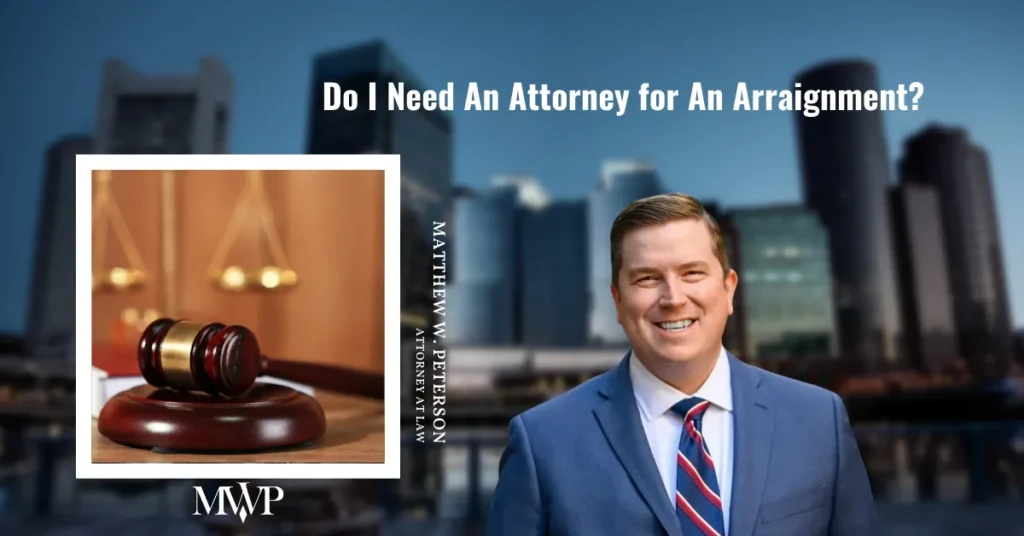The Importance of Legal Representation at Your Arraignment
An arraignment is a critical step in the criminal justice process, and having a skilled attorney by your side is essential. Here are the answers to everyone’s question, do I need an attorney for an arraignment? At the Law Office of Matthew Peterson, we understand that this initial hearing, where you typically enter a plea and set the stage for future court dates, requires more than just a simple appearance.
Why Do I Need An Attorney for An Arraignment?
1. Protection of Rights
A knowledgeable criminal defense attorney in Boston MA ensures that your rights are upheld during the arraignment. The prosecution may request your detention, and without legal representation, you may struggle to secure your release.
2. Strategic Defense
Arraignments can involve complex legal defenses that must be asserted or preserved, such as claims of double jeopardy or mental health considerations. Waiving these defenses without proper counsel could jeopardize your case permanently.
3. Pre-Trial Preparation
Between the arraignment and subsequent hearings, an attorney is vital for investigating your case and developing a robust defense strategy. This preparation helps you understand potential plea offers and your chances at trial.
4. Timely Action
Engaging an attorney promptly after your arrest is crucial. The District Attorney begins building their case immediately, so having a defense attorney who can act swiftly to gather evidence—like surveillance footage or cell phone records—can make a significant difference in your defense.
5. Comprehensive Support
Get Started with the Law Office of Matthew Peterson
At the Law Office of Matthew Peterson, we are dedicated to providing personalized legal support tailored to your unique situation. Our commitment goes beyond just legal representation; we strive to offer peace of mind during what can be an overwhelming time.
If you find yourself in need of a Boston criminal defense attorney who will advocate fiercely on your behalf, contact us today at (617) 295-7500. Our main office is located in Boston, but we proudly serve clients throughout all Massachusetts courts. Let us help you build a strong defense from the very beginning.











